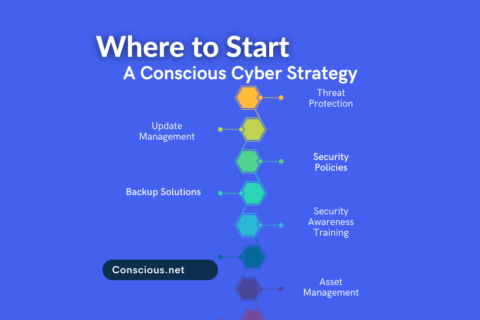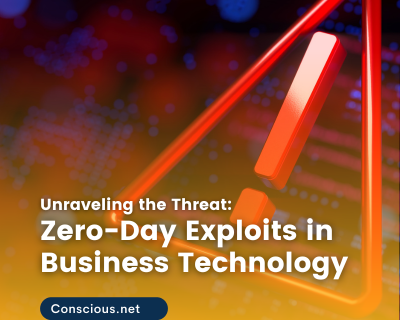The Risks Between Public And Private IP Addresses
Public and private IP addresses are the two most crucial online device identifiers. Understanding what they are, their differences, and their potential security threats is vital for individuals, employees, and business owners. Why has there been an increased need to examine IP address issues? Firstly, there has been a dramatic upswing in people working remotely from home or coffee shops, restaurants, or business hubs. Secondly, cybercriminals can expose vulnerabilities with public and private IP addresses.
So, let’s explore the differences between public and private IP addresses.
What Are IP Addresses?
IP address is short for internet protocol address. Think of it as a GPS for every computer that accesses the world wide web. It is an identifying code associated directly with a specific online device or computer network. When you connect to the internet, your IP address is what identifies you and facilitates the sharing, sending, and receiving of information back and forth. The code is traditionally numerical, with full stops between the number series. However, some letters are being introduced into codes due to the increasing number of people and devices accessing the internet. Since an IP address is an identifiable code, it is often used by big data to determine things like browsing history, geographical location, network usage, and more.
Public IP Addresses
Public IP addresses are those which can be directly accessed through the internet. They are assigned to a network router by an ISP (Internet Service Provider). Devices you use to connect to the internet also have a private IP address that remains hidden when connected via the router’s public IP address.
An excellent analogy for a public IP Address is that of a PO Box for old-fashioned mail delivery. However, instead of giving out your home address, you use the PO Box and retrieve your mail from a separate location. The term “external IP address” is the same as a public IP address and is simply a different phrase. Essentially, public IP addresses connect online from within your network to outside your network.
Can Public IP Addresses Be Tracked?
Public IP addresses can be tracked to your internet service provider, revealing your location. When entities such as the government, law enforcement, cyber-criminals or perky marketers know where you are connecting from, they can often monitor your online movements.
Websites and social media sites use IP tracking to monitor your online patterns of behavior. This helps them collect analytics and determine how many hits their pages and sites are getting. In addition, many people choose to browse online using a security protocol that gives them extra levels of privacy and anonymity. These include things like proxy servers, private browsers and VPNs.
Private IP Addresses
Private IP addresses are those assigned to a browsing device by a network router. Each device using a network is given a unique and personal IP address. This feature enables devices on internal networks to communicate effectively with one another.
The benefit of a private IP address is that it also allows devices on the same network to connect and communicate without connecting to the internet. Private IPs can therefore improve security within a given network environment.
Private IP addresses are often referred to as local or internal IP addresses. These terms are all the same and can be used to describe private IP addresses.
Can Private IP Addresses Be Tracked?
Private IP addresses can only be tracked by other devices on the same network, unlike public IP addresses. Therefore, private IP addresses cannot be seen online as they are only visible within a specific network.
It is important to note that while private IP addresses are safer, they can also be accessed and used by cybercriminals. As a result, public and private IP addresses pose one of the most distinct threats to individuals and businesses alike.
Businesses who are not aware of important cybersecurity issues such as public vs. private IP addresses are at serious risk of being targeted by ransomware, malware and other viruses.
To avoid these imminent threats, it is highly advisable to partner with a professional technology advisor for your business. For a more conscious approach to business IT, technology, and security, consider Conscious Networks. We have a team of dedicated IT professionals with over 20 years of experience who create customized IT support solutions for businesses at all growth cycle stages. Contact us today to start a technology assessment for your business.



